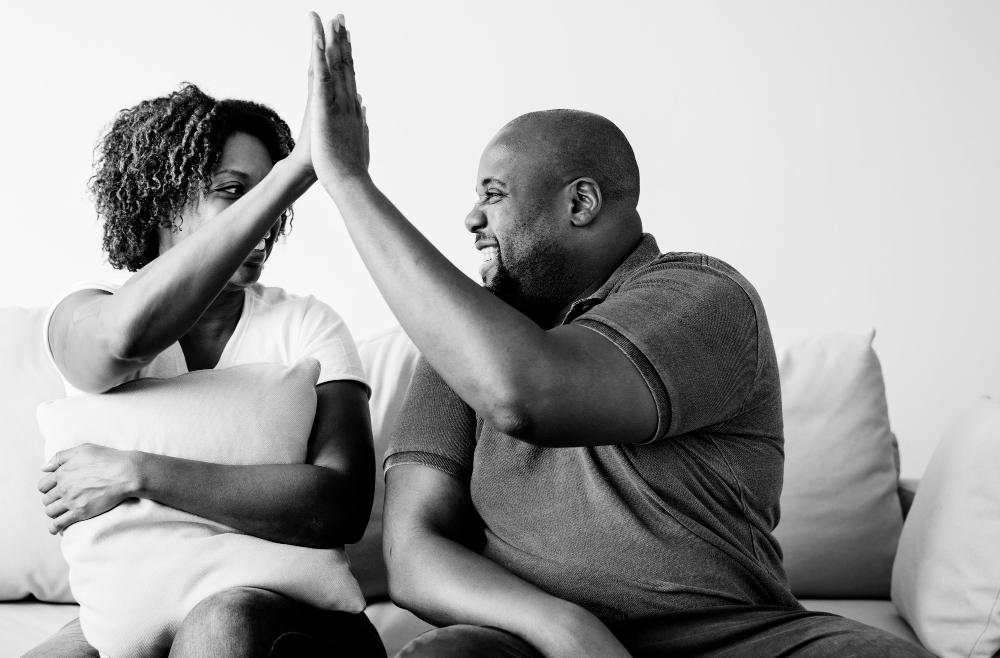By: Amiyah King
After asserting that the flap of a butterfly’s wings could cause a natural disaster, meteorologist Edward Lorenz coined the term “butterfly effect” in the 1960s to explain the universe’s deep interconnectedness and how the most trivial occurrences can have a massive effect on outcomes. As many come to embrace this theory as an understanding of the vast complexities of our world and societies, acceptance of “the butterfly effect” presents a unique dichotomy within minority experiences in America—namely for those continually facing the ramifications of the post-Atlantic slave trade today.
In political conversations it seems to be lost on some, of the massive effects hundreds of years of slavery have on people today.
But how? You may wonder.
Even possessing this question is the aftermath of years of media conditioning and universal invalidation of Black people’s mental health, safety, and well-being. The desensitization of the Black experience is ingrained in our society from unjust police brutality court rulings to discussions of reparations and suggestions of “leaving the past in the past.”
Researcher, educator, and author Joy DeGruy introduced “post-traumatic slave syndrome” or PTSS, as an explanation for why Black people still experience personal suffering as a result of centuries of slavery. Her theory comes from intense research of the Black mind, both past and present. The findings suggest that traumas are passed down generationally, causing Black people to operate from a “lack” or “slave” mindset in the present day.
At the height of the Transatlantic slave trade, many African people used spiritual practices to protect themselves from oppressors. Rootworkers, herbalists, and healers would perform “miracles” not understood by their masters. Miracles ranged from fully healing whip-lashing wounds overnight, to curing fever and fatigue in inexplicable ways. These miracles instilled fear in the minds of the captors, who only worried about keeping control over their stolen people.
As a result, freedom seekers were brutally punished and sometimes killed for practicing native traditions. Over time, this resulted in an almost complete depletion of this aspect of culture from the Black community.
In the book, How to Make a Negro Christian, Kamau Makesi-Tehuti displays the motive of Christian slave masters in the 1800s who believed that stripping Black people of their religious origin would grant them total control over the race by breeding confirmative, unsuspecting workers. This tactic worked for years and still do, as Black people began to regard traditional African practices as “evil” and “witchcraft.”
Making an entire group of people ignorant of their own history has been the driving force behind keeping Black people controlled and complacent in this country.
As a Black person in America, it is impossible to understand yourself if you do not understand your history. Now, we see Black people returning to their roots through traditional African spiritual practices and holistic health. We are witnessing the reversal of an identity crisis that slavery placed upon Black people for hundreds of years. As we continue to learn more about our history, we learn more about ourselves.
Holistic practices such as meditation, sun dancing, and herbal health help restore the Black identity by helping us see our true power as people. When our identity is restored, so follows the mind, body, and spirit.
The return of the Black mind is the return of the Black self. As we return to our true selves, we continue to rediscover the power that was stolen, morphed, repackaged, and sold to us—the power that lies within.
The power that has always been ours.

